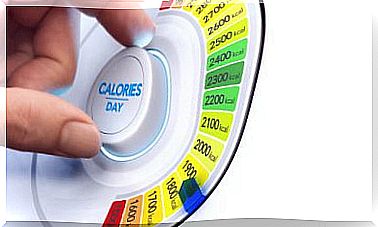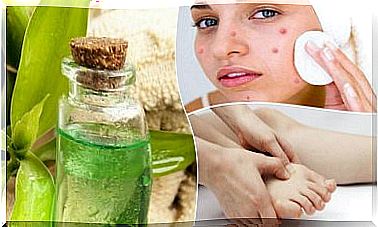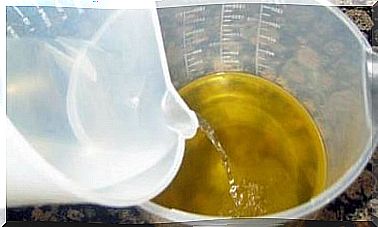Bad Breath: Keys To Prevent It
Do you have bad breath? Go to your dentist to get the most appropriate treatment and then follow our advice to prevent its recurrence.
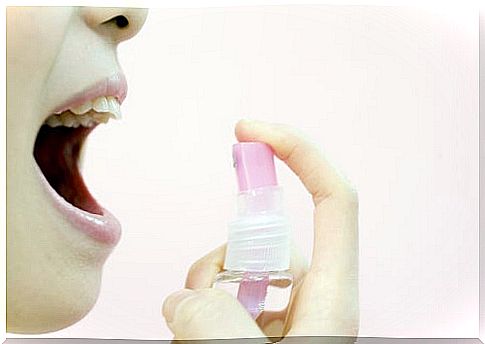
Halitosis, also known as bad breath, is defined as the set of unpleasant odors that are emitted through the mouth. It is a problem that affects one in two people. It is considered of a social nature related to poor oral hygiene or diseases of the oral cavity, although sometimes it can be a manifestation of some other pathology.
Bad breath comes from the oral cavity itself and is mainly due to the accumulation of bacterial plaque on the tongue. Although it can also be when for other situations, such as periodontal problems, cavities and smoking, among others.
Causes of bad breath
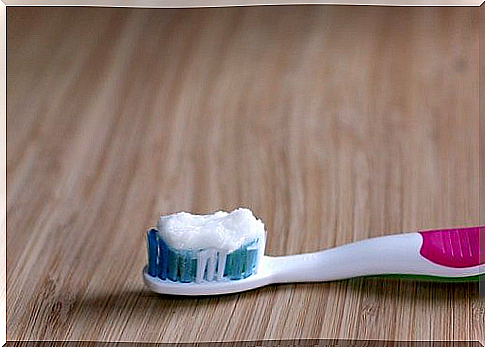
Some of the causes of bad breath, according to data from the United States National Library of Medicine, are:
- Morning breath: During sleep, the flow of saliva decreases, facilitating the uncontrolled growth of smelly gas-producing bacteria.
- Age: breath changes with age. The elderly are likely to experience progressive changes in the salivary glands and affect the quality and quantity of saliva, even with good oral hygiene.
- Dental prosthetics : dentures and bridges can build up leftovers. If left overnight, an unpleasant and characteristic odor may appear.
- Drugs: there are drugs that cause xerostomia (dry mouth) as a side effect. Saliva favors the cleaning of the oral cavity and reduces odor.
- Tobacco: Smoking creates a distinctive breath that can last for a few days, even after you have stopped smoking.
- Fasting periods: skipping meals and eating a hypocaloric diet can promote bad breath.
Tips to avoid bad breath
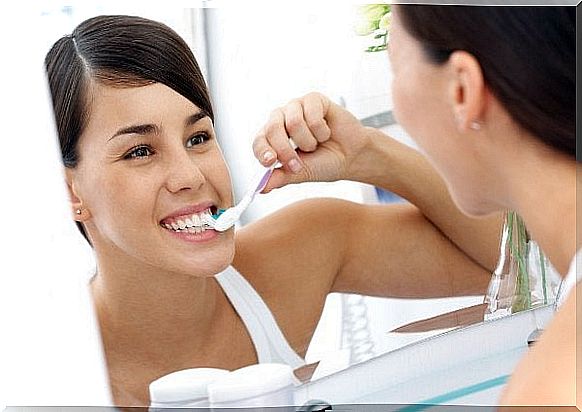
Here are some tips to avoid halitosis, based on a study carried out by Clinic for Dental Surgery, Dental Radiology, and Dentistry at the University of Basel (Switzerland).
Good oral hygiene to avoid bad breath
Generally, most cases of halitosis disappear when proper oral hygiene is practiced. That is, good brushing , interproximal cleaning and a complete cleaning of the tongue. If possible, after brushing, use a mouthwash; This will help to keep your mouth fresher and with pleasant breath for longer.
Avoid strong smelling foods
Avoid as much as possible the consumption of foods that cause a strong odor in your mouth. Among them, the best known are onion and garlic. After the ingestion of this type of food, certain metabolites can be absorbed at the gastrointestinal level. Consequently, they pass into the circulation, are metabolized in the mucosa and liver, and are expelled through the lungs.
Consume citrus

Try to eat more foods that activate saliva production. This would make the uncontrolled growth of smelly gas-producing bacteria more difficult.
Citrus foods, such as orange, grapefruit, lemon, and mandarin, would be good for increasing saliva production. Likewise, it is usually recommended to avoid the consumption of dry foods as much as possible, for example cookies, toast or nuts, since these adhere easily to the palate. If you are going to consume them, try to brush as quickly as possible after eating them.
Consume a lot of water
The constant consumption of water would also help you keep a fresh breath, since the consumption of this would help to increase the production of saliva. Therefore, it would allow bacteria to be killed more easily. At the same time, you would prevent them from accumulating on the tongue.
The treatment of oral halitosis is aimed at reducing the number of odor-producing bacteria deposited on the posterior dorsum of the tongue and in the periodontal groove.
Among the antimicrobial agents used in the treatment and that have demonstrated their effectiveness in reducing the variables associated with halitosis are:
- Low concentration chlorhexidine 0.05%.
- Cetylpyridinium chloride.
- Zinc lactate.
If you suffer from bad breath, do not hesitate and consult your doctor. The dentist is the right person to recommend a treatment adapted to your needs.





